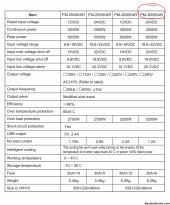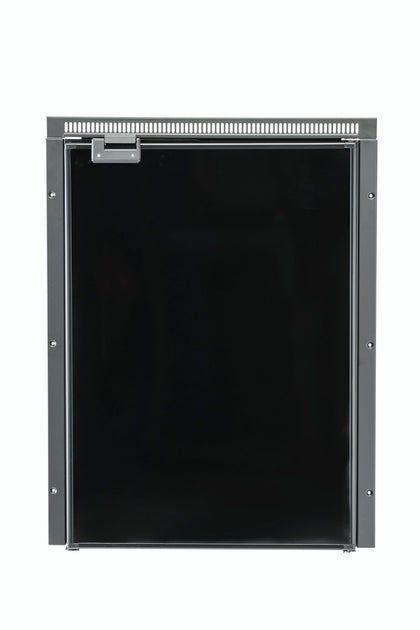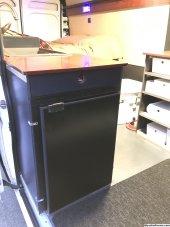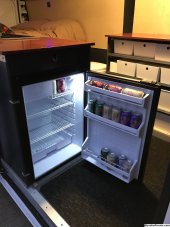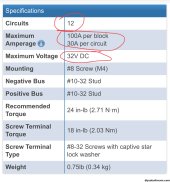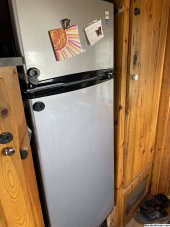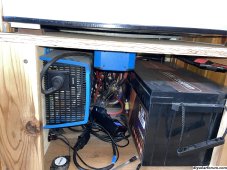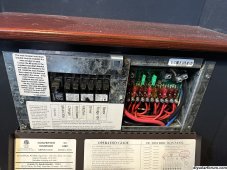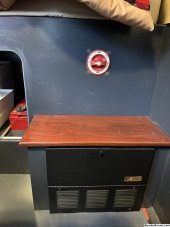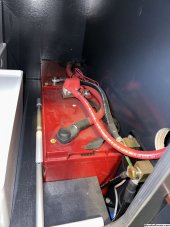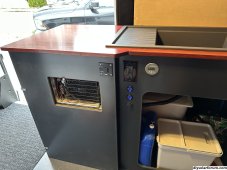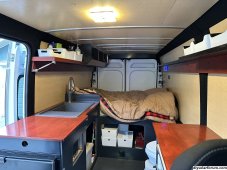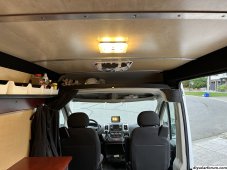I forgot to include my battery in the list of electrical items I have which is a 100a 24v lithium. I don't think I mentioned 2 200w solar panels either. It's tempting to switch to 12v but since I also have the battery and those are a pricey item...... I'm wondering since my inverter is 3000w if I need another battery or if just putting inverter in standby mode will be sufficient. I can just wait and see if the one battery will be enough. I've decided to skip the shore power, I don't think I'll use it much and prefer to use solar and/or B2B. I'll wait on the B2B too and install later if the solar isn't enough. There isn't much room on van roof for another panel so B2B would help here or portable panels which would enable parking in the shade but then one has to find storage in the van for those. I have a mid-roof so not alot of garage room.We paid under $300 for a midsize 7.4 cubic foot 120v fridge. The 12v Victron 12/1200 inverter is more than enough power for it and extremely efficient in eco mode. We have no other major loads. No A/C or heating. All cooking and heating is via propane. If we had more room for more than the 600W of panels we have, and more space for more battery, we might consider adding a 120v heating element to the propane water heater (about $50) and adding radiant floor heat that would only run when the battery is in float, but we don’t have need for any of that. I think we could get away with a 375-500W Victron inverter for the fridge, but having the 1000W is big enough to run a full size vacuum or most power tools for short runs (I’ve tried with good results).
A 7.4 fridge would be great!



